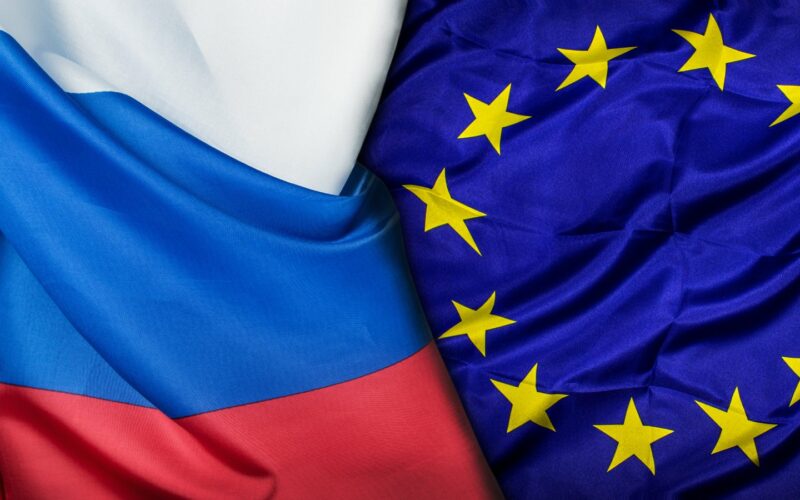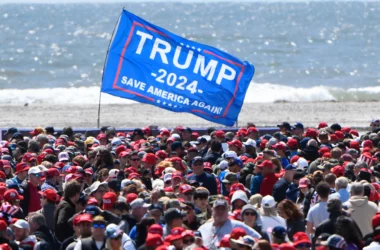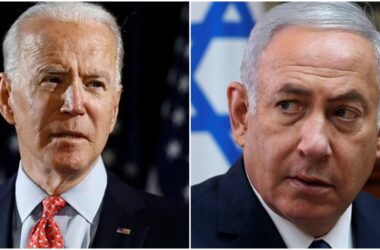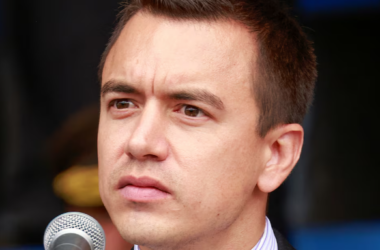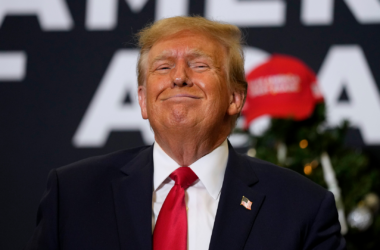European Union leaders convened on Wednesday to deliberate on potential responses to allegations of Russian interference leading up to the June elections in the bloc, with several member states advocating for sanctions targeting what they perceive as “malign activities” orchestrated by Moscow.
Concerns have escalated within Brussels over Russia’s dissemination of disinformation ahead of the polls and its attempts to undermine Western support for Ukraine amid the ongoing conflict with Moscow’s forces.
The issue gained prominence in recent weeks following revelations from Czech intelligence, which uncovered evidence suggesting that EU lawmakers received remuneration to disseminate Kremlin propaganda through a Prague-based news outlet. These allegations are presently under investigation in Belgium, the host country of the EU’s principal institutions.
European Council President Charles Michel, addressing reporters after the first day of a summit in Brussels, emphasized the imperative of enhancing vigilance and collaboration to counter the threat of Russian interference. He underscored the necessity of leveraging both European institutions and national authorities in this endeavor.
Belgian Prime Minister Alexander De Croo and Czech Prime Minister Petr Fiala urged fellow leaders to contemplate imposing new sanctions to address Russian “malign activities.” In their draft summit conclusions, EU leaders committed to closely monitoring and mitigating risks associated with foreign information manipulation and interference in electoral processes.
De Croo disclosed plans for the Belgian EU presidency and the European Parliament to establish a joint task force to monitor developments and liaise with national authorities. However, the presence of Russia-friendly leaders, such as Hungary’s Viktor Orban and Slovakia’s Robert Fico, tempered expectations of significant punitive actions as the bloc approaches the politically charged period preceding the European elections in June.
Allegations concerning the European Parliament primarily focus on a platform known as Voice of Europe, which has been accused of amplifying Russian narratives and providing a platform for individuals propagating such messaging.
As concerns mount, European Parliament President Roberta Metsola cautioned against the potential for Russian interference to skew narratives and bolster pro-Kremlin sentiment ahead of the elections. She reiterated the parliament’s commitment to assisting member states in countering any interference with democratic processes.
Identified disinformation tactics extend beyond the dissemination of false information to include the strategic mixing of factual elements with false narratives to sow confusion and distrust among readers.
The probe into the alleged propaganda dissemination by Belgium’s federal prosecutor’s office aims to investigate foreign entities suspected of providing “donations, loans, or advantages” to influence political outcomes. EU lawmakers implicated in such activities face stringent scrutiny and potential penalties for breaches of ethical standards.
Calls have been made for broader investigative powers for institutions such as the European Public Prosecutor’s Office and the European Anti-Fraud Office to prosecute instances of political meddling effectively.




